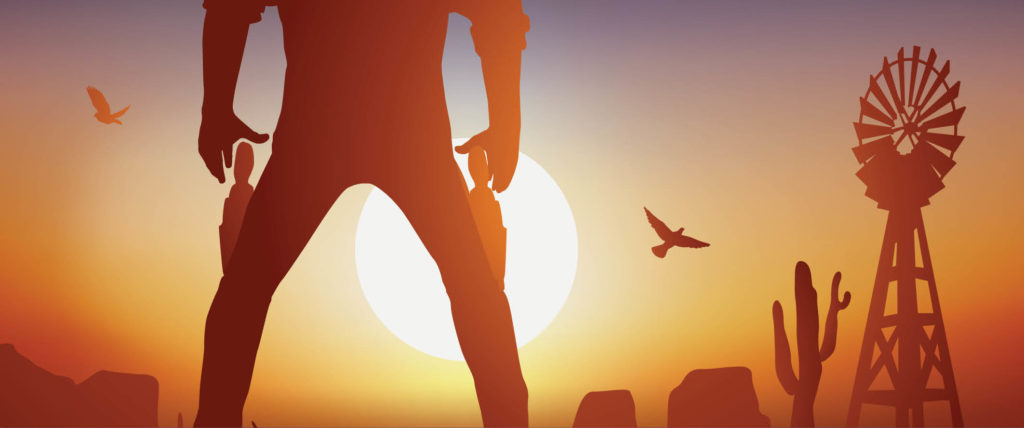Politicians are diving head first into social media networks. Here’s how to save yourself from life-long embarrassments
Politicians (and some business people too) have started to jump on the bandwagon of social and digital media, and for the most part, they’re on the right track. The problem is, the wagon is moving fast, and the road to new territory has not always been previously taken. New social platforms are multiplying at a fast pace and “old” ones are quickly going out of fashion. New features emerge and gain momentum while others die out quickly (aka Twitter fleets, RIP). The challenge for politicians and other senior figures who don’t want to miss out on current social media trends, is to find the right balance between the platform, the format and the content. When one or more of these components is weak — the result can be a total flop .This is precisely what happened to the Minister of Economy, Orna Barbivai (which we, personally, really like).
When Ben & Jerry’s announced their decision to stop selling their products in the occupied territories, Israeli politicians rushed to compete with one another — who will come up with the most dramatic and outraged condemnation of the tyrants from Vermont? Minister of Economy Orna Barbivai joined in on the fun and released a TikTok video in which she chucks a bucket of Ben & Jerry’s ice cream in the trash. Only a few hours later, it became clear that the story was a tad more complicated: turns out that leading up to the company’s decision, there had been ongoing disputes between the management and the Israeli franchisee. Upon refusing to implement the franchise’s decision — to not sell their products in territory that Israeli law does not apply to — the Israeli franchisee was told that he could lose his distribution rights in a year and a half from now. Suddenly, the framing shifted, and it was now an old-time factory employing hundreds of workers in the south of Israel, with the threat of being shut down hovering over their heads.
So how do we prevent the next social media fiasco? What should one keep in mind before pulling the trigger and going viral? What are some tips to survive, and maybe even flourish, in the TikTok era?
Stay in your comfort zone. It can be very tempting to want to get in front of the camera, take a deep breath and then Poof! turn into a viral influencer with millions of followers. “It worked for them, why shouldn’t it work for me too?”. But the truth of the matter is, that not everyone is cut out to be a social media talent or actress, and you’re more likely to embarrass yourself than to become the new trend. When the video looks staged and artificial and when it screams “maybe take #17 will look natural” — then the result will inevitably be cringey.
Just because your digital media advisor or spokesperson didn’t have the guts to tell you that you ain’t got it, doesn’t make you the Next Idol. It’s not that politicians with star quality don’t exist, the kind that put everything they’ve got into catchy short-videos. Mind you, one of them even served as prime minister for 15 years. But that’s exactly the point: Even for Netanyahu, who was pretty damn good at it, there came a time where his shtick just wasn’t working anymore. All the more so if you’re not a natural stage talent.
Have some respect. Don’t be Miri Regev. A minister should behave like a minister, a public servant like a public servant, and a prime minister like a prime minister. Part of the credibility you receive from the public is due to the position you fill or the title you hold and they are both is bigger than you. In general, keep in mind that exposure shouldn’t be measured in quantity but rather quality, and that the public appreciates politicians who aren’t chasing publicity. keep it simple, with a touch of mystery.
We are now transitioning away from a political era that was characterized by its ruthlessness and lack of boundaries as to dos and don’ts of the public service. We’ve seen it all. There was not one bottomless pit of shameful behavior that politicians didn’t enthusiastically tumble into; Lashing political opponents on twitter, crude videos on facebook and what not. Now is the time for repair.
Haste makes waste. In theory, the speed of your response is a big advantage when it comes to social media, because if you’re first in line to do or say something, you might get all the gold. For a few hours you’ll be the cool kid that everyone is talking about. you’ll get “shared” or “retweeted” or maybe your clever phrasing will become a quoted idiom with a trail of followers. It's a fast-paced world of swift responses, but the stakes are high.
The fact that social media networks allow for immediate connectivity to the news cycle, and enables prompt content-uploading, doesn’t mean that one should rush to produce content without minimal fact-checking. That’s the catch: Social media is destroying traditional journalism, but it isn’t replacing its fundamental ethics, and fact-checking is its primary foundation. Sometimes only a quick google search is needed in order to get the full picture, or to discover an unknown fact that can prevent a colossal embarrassment.
Don’t take traditional journalism for granted. At the end of the day, it's traditional journalism that people are trying to appease. The use of social media is not only to pile up “likes” but also to get the formal, follow-up reportage that doubles down the impact. But just as traditional journalism knows how to praise and amplify, it also knows how to lash and ridicule. Then too, it will double down on your desire to never show your face in public again.
Therefore, when planning any social-media move, think the consequences through: how institutional networks are going to respond to it.
If already. Allright, you decided to go for it. The least you can do is make sure that what you’re about to shoot is actually interesting and that it corresponds with the values of your branding. The North Korean style “Kim poses next to things”, doesn’t go over well. It actually raises the chances that you’ll be turned into a ridiculous meme.
Get off Twitter. Or at least approach with caution. Twitter is a savvy, sarcastic and vicious arena, and worse of all, it has the memory of an elephant. Every fail, out-of-context quote or ill-advised statement of yours will be met with an army of evil trolls. But they’re not just evil: they are in large part journalists who claim to have day jobs in official networks but seem to be on Twitter all. the. time. It’s bad enough to be publicly shamed, but it’s even worse to be publicly shamed by journalists that are happy to make a fool out of you, point-blank. They’ll also remember your fails when writing an analysis piece in the paper, no longer just as mean people on twitter, but this time as professional journalists.


